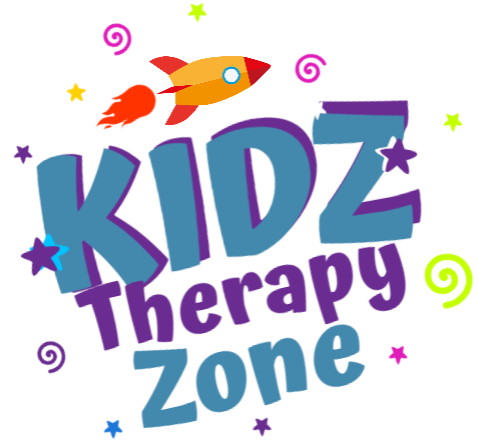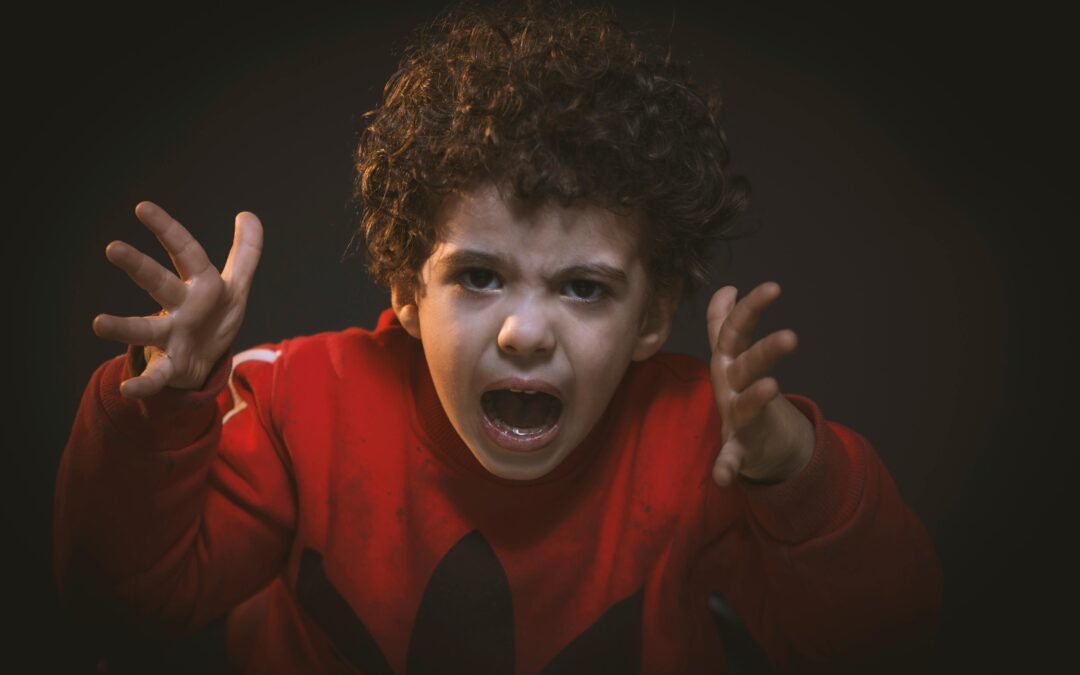Children, like adults, experience a range of emotions, including anger. Anger can be a complex and challenging emotion for children to navigate, often leading to outbursts that are difficult for parents to manage. This blog post draws insights from resources available through Kidz Therapy Zone’s Parent Education Linktree to offer strategies and support for parents dealing with their children’s anger.
The Nature of Anger in Children
Anger is a powerful emotion that can both empower and destruct. For children, anger is often a response to feelings of frustration, fear, or hurt. It’s important to understand that when children express anger, they are communicating something deeper. According to the “Helping Kids with Anger” flyer, quick-fix attempts to stop anger can make matters worse, leading children to feel invalidated and controlled, which in turn increases their anger. Instead, parents should view anger as a valuable indicator of their child’s underlying values, needs, and feelings.
Recognizing the Signs of a Mental Health Crisis
Before diving into strategies for managing anger, it’s crucial to differentiate between typical anger and signs of a mental health crisis. According to the “What to do if your child is in crisis” flyer, a mental health crisis involves a risk of harm to oneself or others, or extreme and uncontrollable emotions and behavior. Warning signs include expressing suicidal thoughts, self-injurious behavior, severe agitation, hallucinations, or extreme isolation.
If you suspect your child is in crisis, immediate action is required. Contact the 988 Suicide and Crisis Lifeline for support. If the situation is not immediately dangerous but still urgent, create a safe space for your child to talk, seek guidance from mental health professionals, and develop a proactive crisis plan.
Strategies for Managing Anger
- Understand the Root Causes: Recognize that anger in children often stems from other emotions such as fear, sadness, or frustration. Encouraging children to express these underlying feelings can help reduce their anger. An activity suggested in the “Helping Kids with Anger” flyer involves using paper plates to represent different emotions, helping children identify and discuss what’s beneath their anger.
- Sensory Overload: Children with sensitive nervous systems may experience sensory overload, which can trigger anger. Understanding your child’s sensory needs and seeking an evaluation from a pediatric occupational therapist can be beneficial. Empathy towards these challenges helps parents remain calm and supportive.
- Building Skills: Children need to learn skills to manage their anger effectively. This involves teaching them to share their real feelings, respond wisely to hurtful comments, be flexible in problem-solving, and seek positive attention. Role-playing and modeling these skills can reinforce positive behavior.
- Judgment-Free Approach: Parents should reflect on their responses to their child’s anger. Judgmental attitudes can exacerbate feelings of disconnection. Instead, adopt a compassionate and understanding approach. Ask yourself what you feel when your child gets angry and how you can respond more gracefully.
- De-escalation Techniques: When a child is on the verge of an outburst, use de-escalation techniques such as deep breathing exercises, providing a quiet space, and engaging in calming activities. The “Helping Kids with Anger” flyer emphasizes the importance of not reacting with anger but instead using strategies that help both parent and child calm down.
Coping Skills and Emotional Regulation
The “Feelings and Coping Skills for Kids” flyer offers several practical strategies to help children cope with their emotions:
- Mindfulness and Relaxation: Teach children mindfulness techniques such as deep breathing, progressive muscle relaxation, and visualization. These techniques can help children gain control over their emotional responses and reduce the intensity of their anger.
- Physical Activity: Encourage regular physical activity, which can be a healthy outlet for releasing pent-up energy and reducing stress. Activities like running, dancing, or even jumping on a trampoline can be effective.
- Creative Expression: Art, music, and writing can be powerful tools for children to express their emotions. Provide materials and opportunities for creative activities that allow children to channel their feelings into something constructive.
- Problem-Solving Skills: Teach children to identify problems and brainstorm solutions. This not only helps them feel more in control but also reduces the frustration that can lead to anger. Role-playing different scenarios can be an engaging way to practice these skills.
- Positive Reinforcement: Reinforce positive behavior with praise and rewards. Recognizing and celebrating when children manage their emotions well encourages them to continue using these skills.
Seeking Professional Help
If your child’s anger continues to be a challenge despite these strategies, it may be beneficial to seek professional help. Therapists and counselors can work with your child to develop coping mechanisms and address underlying issues. Additionally, joining support groups for parents can provide valuable insights and emotional support.
Conclusion
Dealing with a child’s anger can be challenging, but with understanding, patience, and the right strategies, parents can help their children navigate their emotions in healthy ways. Remember to view anger as an indicator of deeper feelings and needs, and use it as an opportunity to teach valuable life skills.
At Kidz Therapy Zone, we are dedicated to providing resources and support for parents of children with unique communication styles. Stay connected with us through our Linktree for continuous updates and helpful information.

